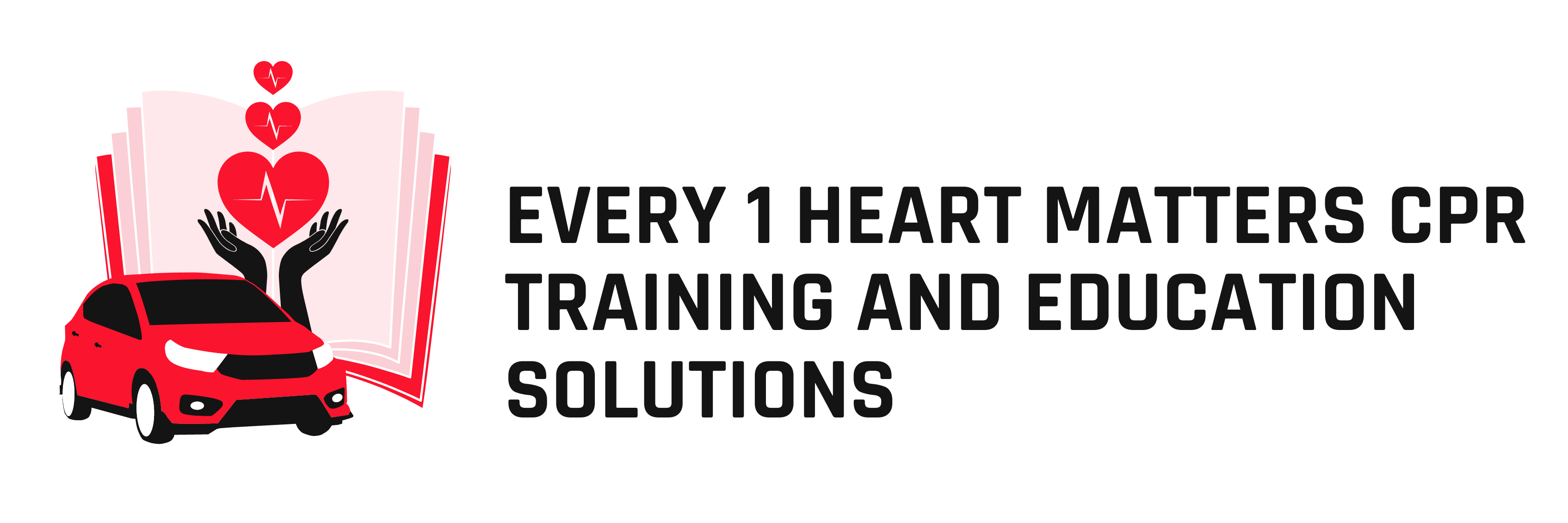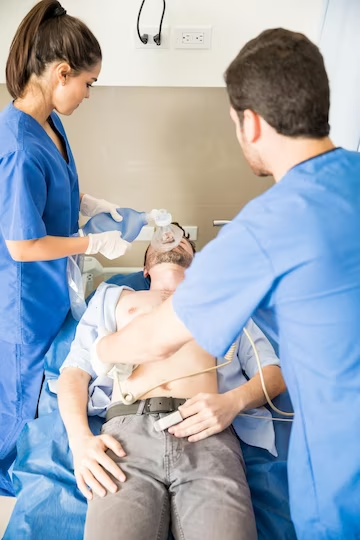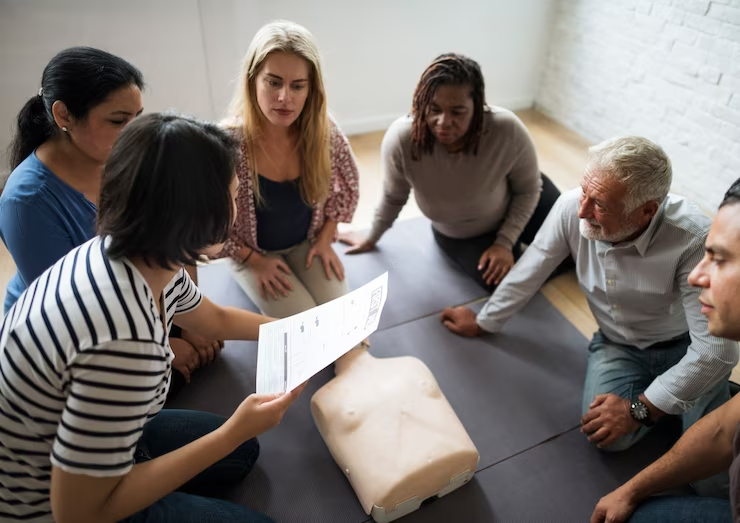CPR is a critical lifesaving technique that can make a significant difference in saving lives during cardiac arrest or other medical emergencies. Our CPR Training service is suitable for healthcare professionals, first responders, and individuals who want to be prepared to act in emergency situations.
At Every 1 Heart Matters CPR Training and Education Solutions, we offer comprehensive CPR (Cardiopulmonary Resuscitation) Training services designed to equip individuals with the knowledge and skills to respond effectively in life-threatening emergencies.



